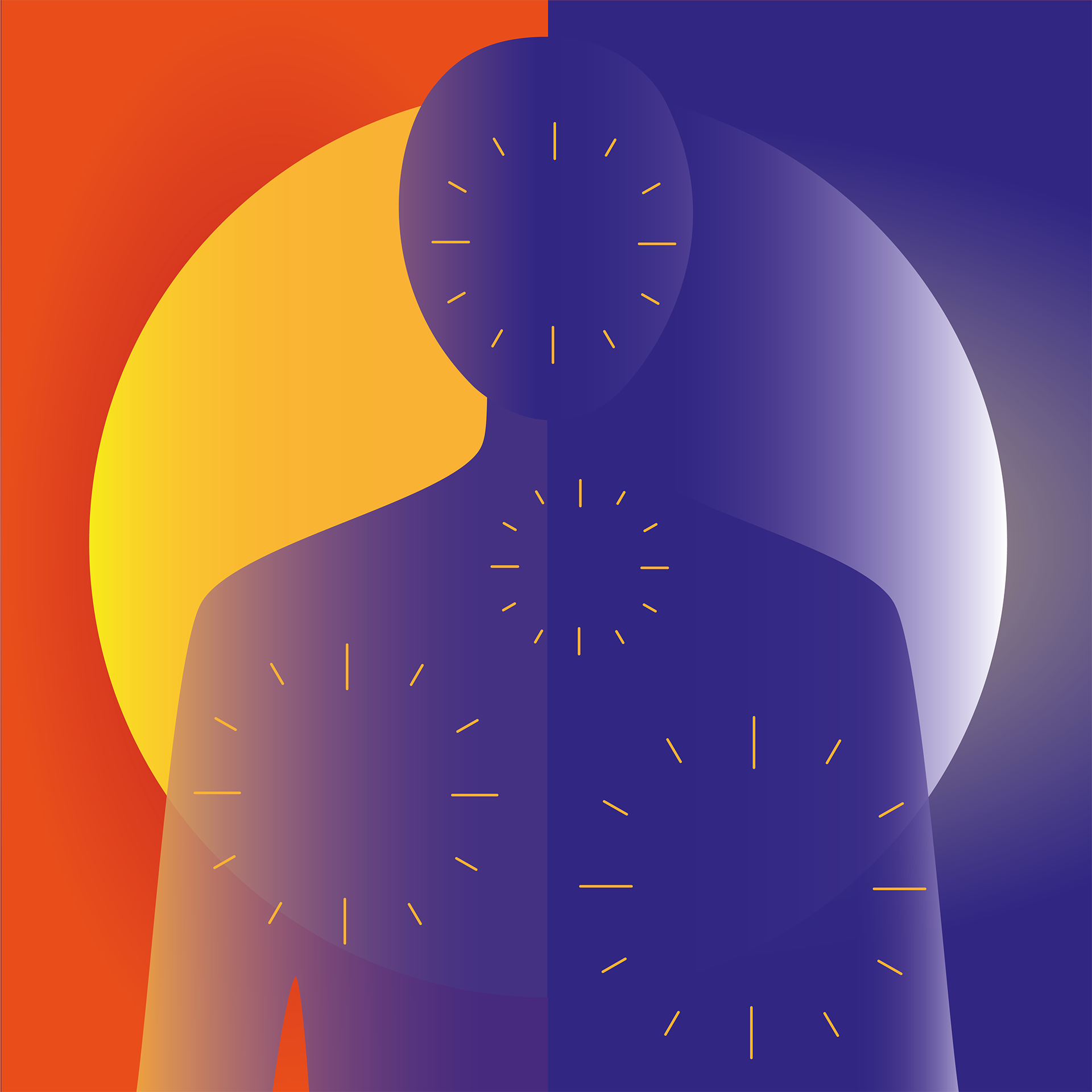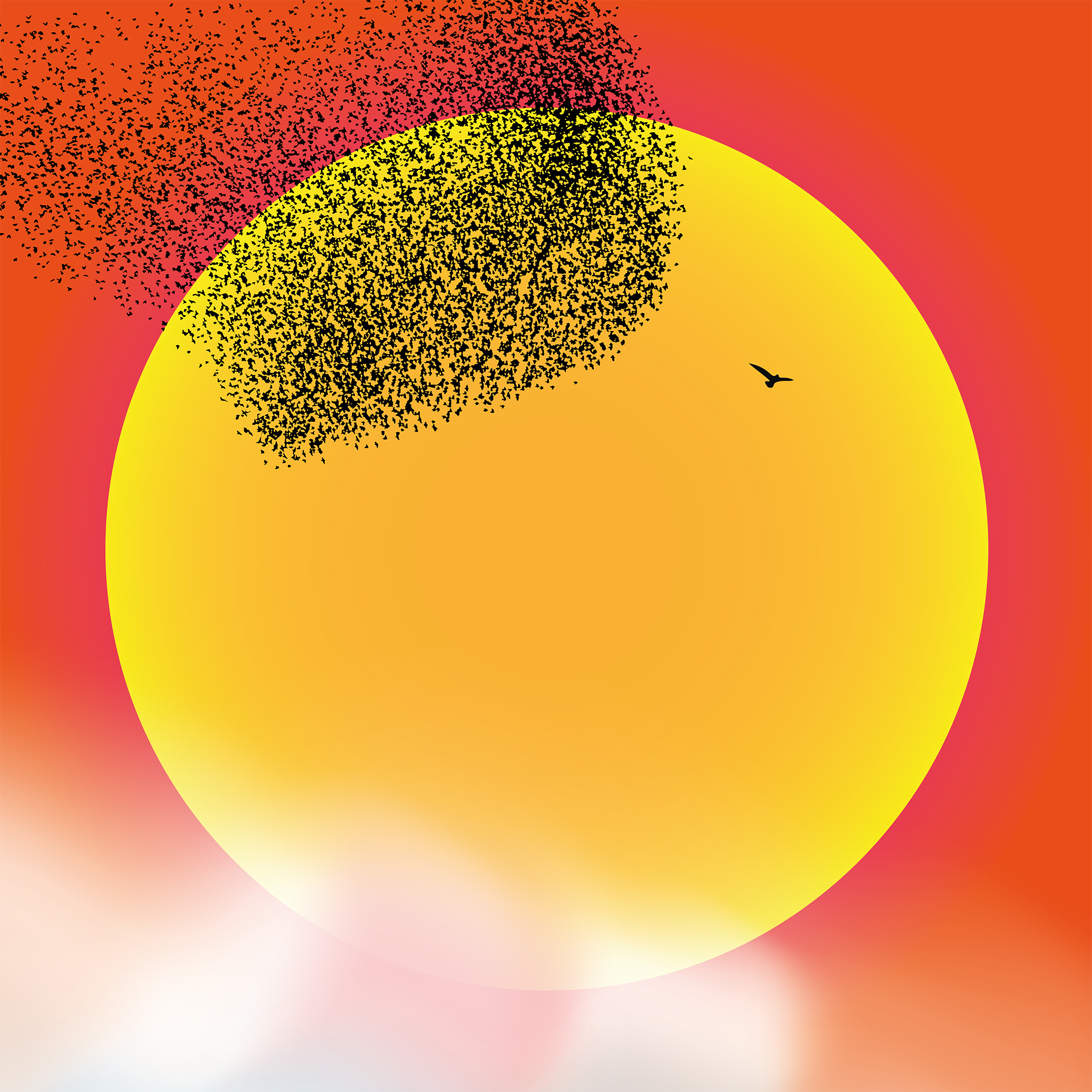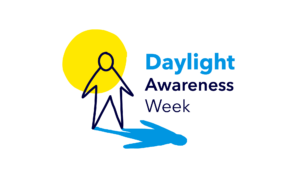Daylight Awareness Week 2021
Three reasons why we need daylight
Series of virtual talks
25-27 May 2021
Each evening from 18:00 to 19:30 (CEST)

DAY 1
Daylight regulates our body functions
25 May 2021
For all of our planet’s history, there has been night and day, driving the rhythms of life across days and seasons… until the invention of the light bulb. Now, we have light whenever we want it. But when do we need it and why? How does natural light impact our body and what does it mean for the design of our built environment? If you want to better understand the effects of daylight on the human body, this session is for you!

DAY 2
Lack of daylight can cause illness
26 May 2021
After a first session dedicated to the positive effects of daylight on our health and body functions, the following question arised for this second meeting: What happens when we do not get enough natural light? Consequences can be diverse. By disrupting the body clock, lack of daylight can affect the quality of our sleep, our mood, and our productivity. Besides, it can result in a lack of Vitamin D and a weakened immune system. But this is not all. Our three health specialists explained to us that, in the long term, lack of daylight can also cause or aggravate certain diseases, like myopia, depression, and diabetes. Fortunately, this also means that in many cases daylight can help prevent and even treat these disorders.

DAY 3
Daylight guides plants, animals, and humans through seasons
27 May 2021
The rhythms of daylight shape the biology of all living beings on the planet, humans, animals, plants. For millennia, we have adapted our emotional, cultural, and social lives to seasonal cycles. At northern latitudes, spring, summer, autumn, and winter dictate how we produce our food. In the tropics, endless growing seasons enabled the lush life of tropical rainforests. Today, we risk being increasingly disconnected from natural rhythms. Climate change disrupts the ecological clocks of flowering, bird migration and breeding. Artificial lighting and indoor lifestyles override seasonality in cities. Four experts from various fields (plant biology, ecology, anthropology, and urban design) shared their knowledge with us, explained the great importance of daylight for ecology and quality of life and discussed ways to rethink our embeddedness in nature.
PREVIOUS EDITION
Daylight Awareness Week 2020
When daylight rhymes with health
Program flyer
